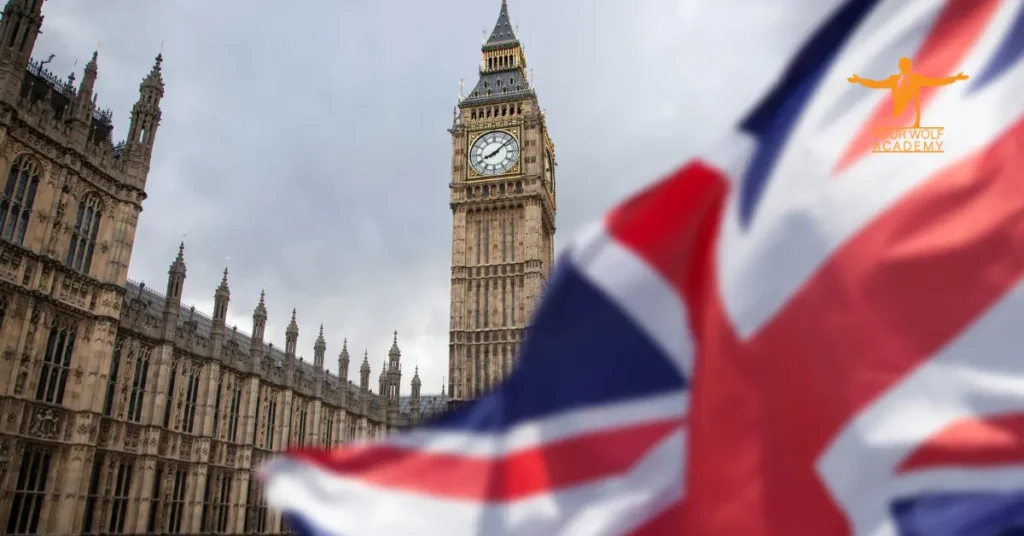Brexit, short for “British exit,” refers to the United Kingdom’s decision to leave the European Union (EU) on January 31, 2020, after 47 years of membership. The UK’s departure from the EU was a historic event that had far-reaching implications for both the UK and the EU.
The decision to leave the EU was the result of a complex set of factors, including concerns about immigration, sovereignty, and economic policy. In this article, we will explore the causes, implications, and aftermath of Brexit.
Causes of Brexit
There were many reasons why the UK voted to leave the EU in the 2016 referendum. Some of the main factors that contributed to the decision were:
- Immigration: One of the most significant factors that drove the Brexit vote was immigration. Many people in the UK were concerned about the high levels of immigration from other EU countries, which they felt put a strain on public services and drove down wages.
- Sovereignty: Another key factor was sovereignty. Many people in the UK felt that the EU had too much control over the country’s laws and regulations, and that the UK should have more say over its own affairs.
- Economic policy: Some people in the UK believed that the EU’s economic policies were holding the country back and that the UK could do better on its own.
- Globalization: There was also a sense among some people in the UK that globalization had left them behind and that leaving the EU would allow the country to regain control over its own destiny.
Implications of Brexit
Brexit has had far-reaching implications for both the UK and the EU. Some of the most significant implications include:
- Economic impact: One of the most significant implications of Brexit has been its impact on the UK economy. The country’s GDP has been hit hard by the uncertainty surrounding Brexit, and there have been job losses in many sectors.
- Trade: Brexit has also had an impact on trade. The UK has left the EU’s single market and customs union, which means that there are now trade barriers between the UK and the EU.
- Sovereignty: Leaving the EU has given the UK more control over its own affairs. However, it has also meant that the country has lost some of the benefits that come with EU membership, such as access to the single market and the ability to shape EU policy.
- Immigration: Brexit has had an impact on immigration. The UK has introduced a new points-based immigration system, which is designed to prioritize skilled workers.

Aftermath of Brexit
The aftermath of Brexit is still unfolding, and it is unclear what the long-term consequences will be. Some of the key developments since Brexit include:
- Northern Ireland: One of the most significant issues since Brexit has been the border between Northern Ireland (part of the UK) and the Republic of Ireland (an EU member state). The UK and the EU agreed on a protocol that aims to keep the border open, but there have been ongoing disputes about how it should be implemented.
- Scotland: Brexit has also had implications for Scotland, which voted overwhelmingly to remain in the EU. There have been renewed calls for Scottish independence, as many people in Scotland feel that the country’s interests are not being represented by the UK government.
- EU-UK relations: The UK’s departure from the EU has also had an impact on the relationship between the two entities. The UK and the EU have been negotiating a new trade deal, and there have been many disagreements along the way. However, a deal was finally reached in December 2020, which outlines the future relationship between the UK and the EU.
- Global impact: Brexit has also had a global impact. It has raised questions about the future of the EU and the UK’s role on the world stage. It has also highlighted the challenges of globalization and the growing trend towards nationalism and protectionism.
Conclusion
Brexit was a significant event that changed the course of Europe’s history. It was the result of a complex set of factors, including concerns about immigration, sovereignty, economic policy, and globalization. The implications of Brexit have been far-reaching, affecting the UK’s economy, trade, sovereignty, and immigration policy.
The aftermath of Brexit is still unfolding, and it is unclear what the long-term consequences will be. However, one thing is certain: Brexit has highlighted the challenges of globalization and the growing trend towards nationalism and protectionism.
As the world continues to grapple with these issues, it is important to reflect on the lessons that can be learned from Brexit and work towards a more inclusive and collaborative future.
Your Wolf Academy offers a range of educational resources to help traders succeed, including free signals, technical analysis, and weekly webinars. Sign up today and get a recommendation for a regulated brokerage company that suits your needs.


